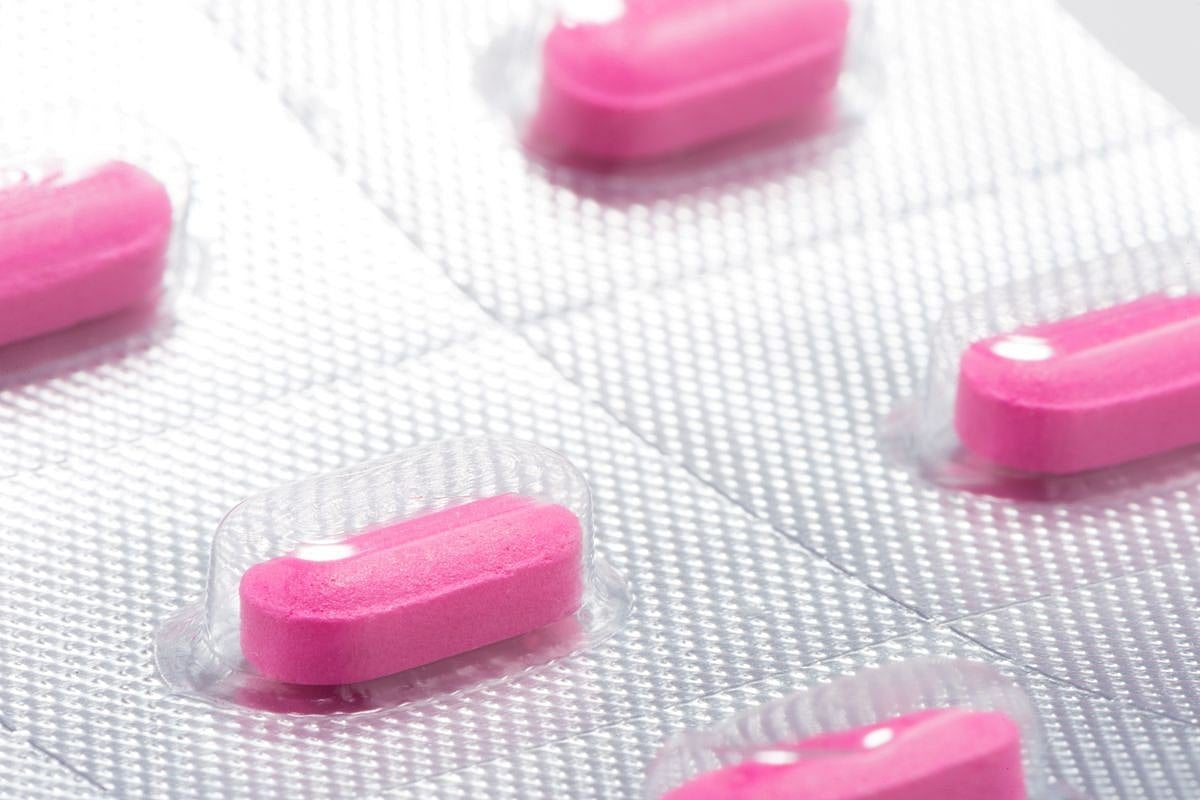AAP: TikTok 'Benadryl Challenge' Fueling Rise in Diphenhydramine-Related Adverse Events
MONDAY, Sept. 29, 2025 -- Monthly reports of diphenhydramine-related adverse events were more common after April 2020, coinciding with introduction of the TikTok 'Benadryl challenge,' according to a study presented at the annual meeting of the American Academy of Pediatrics, held from Sept. 26 to 30 in Denver.
Noelia Swymeler, M.D., from the University of Oklahoma at Tulsa School of Community Medicine, and colleagues conducted a retrospective study of diphenhydramine-related adverse event reports in individuals 10 to 25 years of age from January 2013 to December 2024; 413 reports met the study inclusion criteria.
The researchers observed variation in the number of reports across years, with the lowest number of reports in 2013 and 2016 (seven reports) and the highest in 2023 followed by 2020 (73 and 62 reports, respectively). The monthly reports ranged from 0 to 16 from January 2013 to April 2020 and from 2.13 to 6.63 from May 2020 to December 2024. Several times after April 2020, reports exceeded forecasted amounts, including July 2020, December 2020, July 2021, February 2023, May 2023, January 2024, and June 2024.
"The fact that we continue to see spikes in harmful diphenhydramine use years after the challenge first went viral shows just how powerful and dangerous social media trends can be," Swymeler said in a statement.
Disclaimer: Statistical data in medical articles provide general trends and do not pertain to individuals. Individual factors can vary greatly. Always seek personalized medical advice for individual healthcare decisions.
© 2025 HealthDay. All rights reserved.
Read this next
Higher Tattoo Exposure Linked to Reduced Melanoma Risk
MONDAY, Sept. 29, 2025 -- Higher tattoo exposure may be associated with reduced melanoma risk, according to a study published online Aug. 21 in the Journal of the National Cancer...
Antithymocyte Globulin Cuts Loss of β-Cell Function in Type 1 Diabetes
MONDAY, Sept. 29, 2025 -- Antithymocyte globulin (ATG) 2.5 and 0.5 mg/kg reduces loss of β-cell function in young people with recent-onset type 1 diabetes, according to a...
Loss of Therapeutic Benefit Seen After Stopping Baricitinib in Type 1 Diabetes
MONDAY, Sept. 29, 2025 -- Two-year follow-up shows a loss of therapeutic benefit when baricitinib treatment is stopped in type 1 diabetes (T1D), according to a study presented at...
More news resources
- FDA Medwatch Drug Alerts
- Daily MedNews
- News for Health Professionals
- New Drug Approvals
- New Drug Applications
- Drug Shortages
- Clinical Trial Results
- Generic Drug Approvals
Subscribe to our newsletter
Whatever your topic of interest, subscribe to our newsletters to get the best of Drugs.com in your inbox.


